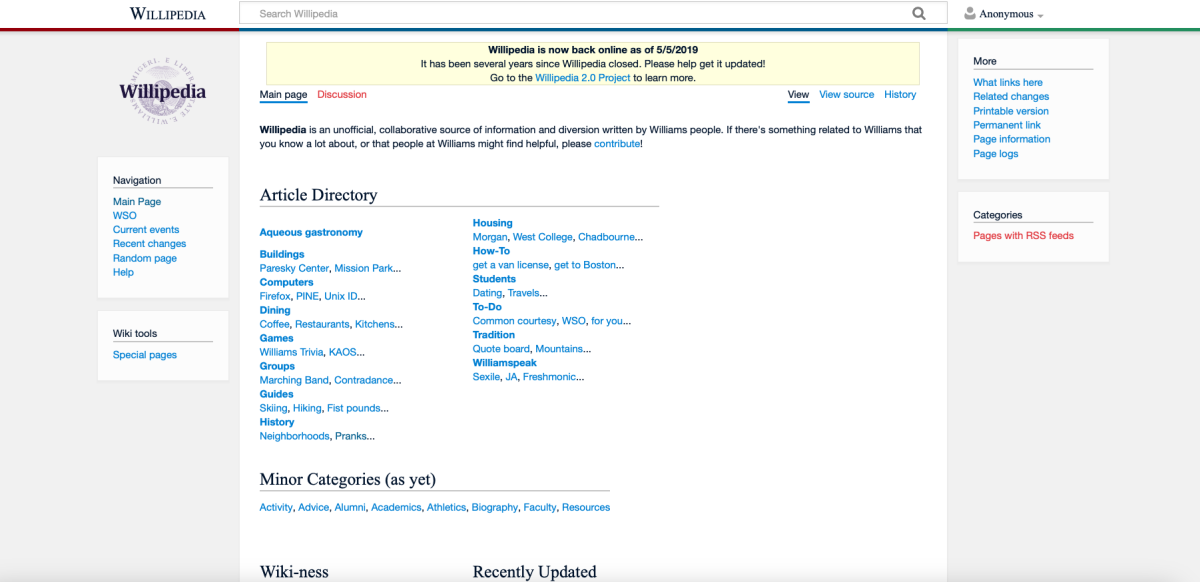Massachusetts Gov. Charlie Baker declared vaping-related illnesses a public health emergency and announced a four-month ban on the sale of vaping products on Sept. 24. The temporary ban, which applies to nicotine and marijuana products alike, took immediate effect and will last until Jan. 25, 2020.
The ban comes after the discovery of hundreds of instances of respiratory illness in people who use vape products. As of Sept. 27, there have been 805 vaping-linked lung injury cases across 46 states and one territory, as well as 12 deaths across 10 states, according to the Centers for Disease Control and Prevention (CDC). Seventy-eight percent of the illnesses have occurred in people under 35.
According to the 2018 National College Health Assessment, 78.9 percent of student respondents at the College said they never used e-cigarettes, whereas 7.6 percent reported that they had used e-cigarettes, but not in last 30 days, and 13.5 percent reported that they had used e-cigarettes in the last 30 days.
“The purpose of this public health emergency is to temporarily pause all sales of vaping products so that we can work with our medical experts to identify what is making people sick and how to better regulate these products to protect the health of our residents,” Baker said in a statement.
Massachusetts is now the only state to ban the sale of vape products altogether, but nearby states are also cracking down on vaping. On Sept. 17, New York banned the sale of flavored e-cigarettes, and Vermont Gov. Phil Scott has stated he is open to signing a ban like New York’s into law if the state legislature passes one.
A Dec. 31, 2018, Massachusetts law had previously made it illegal to sell tobacco products, including e-cigarettes, to people under the age of 21. The law did not apply, however, to those who turned 18 before the law went into effect.
Laini Sporbert, a health educator at the College, said the Massachusetts ban on the sale of vape products makes sense, given the recent surge in illnesses linked to vaping.
“Some of these folks have vaped nicotine as well as THC [the main active chemical in marijuana], some have vaped just THC and some have vaped just nicotine,” she said. “The chemicals in vape juice were never meant to be inhaled. ”
Sporbert urged students who are trying to quit vaping or smoking to consider non-vaping nicotine replacement options, such as nicotine gum or the nicotine patch. “Check it out, come see me at the Health Center or check in with one of the medical providers,” she said.








